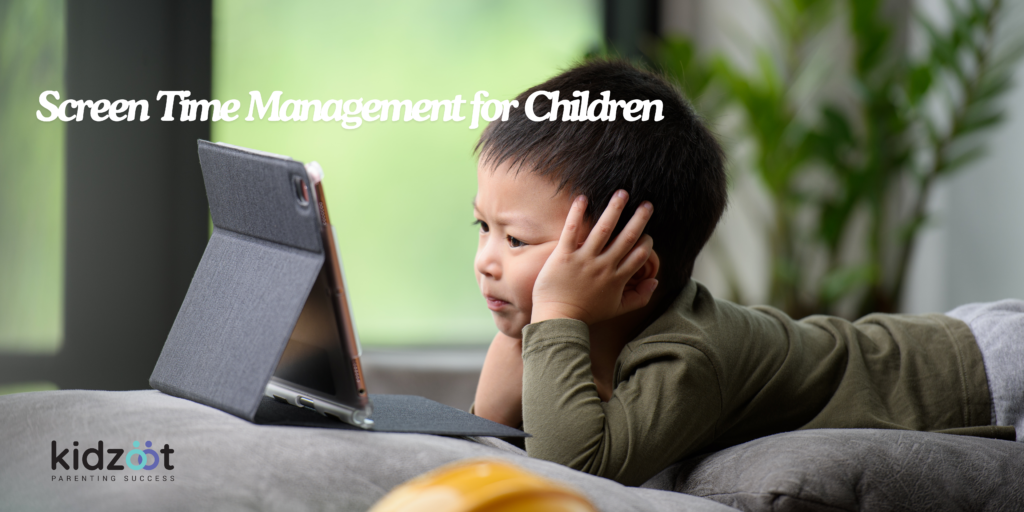Introduction
Screen time has become an increasingly prevalent part of children’s daily lives, with access to technology and digital devices becoming more widespread. While screen time can provide many benefits, such as educational content and access to information, it can also have negative effects on children’s physical and mental health, as well as their social and emotional development. As a result, managing screen time is crucial for parents and caregivers.
Benefits of Screen Time for Children
- Access to Information and Education
Screen time provides children with access to a wealth of information and educational content. From online educational games and videos to educational apps and websites, children can learn a variety of subjects in a fun and interactive way. This can help to increase their knowledge and improve their cognitive skills.
- Improved Hand-Eye Coordination
Playing video games can help to improve children’s hand-eye coordination. By requiring players to react quickly and accurately to stimuli on the screen, video games can help to improve children’s motor skills.
- Enhanced Creativity and Imagination
Screen time can also provide children with opportunities to engage in imaginative and creative play. From interactive storytelling apps to video editing software, children can explore their creativity and express themselves in new ways.
- Improved Social Skills
Screen time can also provide opportunities for children to develop their social skills. For example, playing online games with friends or participating in virtual communities can help children to learn how to communicate, collaborate, and negotiate with others.
Drawbacks of Screen Time for Children
- Reduced Physical Activity
Excessive screen time can lead to a reduction in physical activity, which can have negative impacts on children’s health. For example, children who spend long periods of time in front of a screen may experience weight gain, poor posture, and eye strain.
- Negative Impacts on Sleep
Screen time can also have negative impacts on children’s sleep patterns. The blue light emitted from screens can interfere with the production of melatonin, a hormone that regulates sleep. As a result, children who engage in excessive screen time may experience difficulty falling asleep and may wake up feeling tired and groggy.
- Increased Aggression and Aggravation
Excessive screen time can also lead to increased levels of aggression and frustration. For example, playing violent video games or watching violent TV shows can increase children’s levels of aggression and desensitize them to violence.
- Decreased Attention Span
Screen time can also lead to decreased attention spans. Children who spend long periods of time in front of a screen may experience difficulty focusing and paying attention in other areas of their lives, such as school and social activities.
Managing Screen Time for Children
- Set Screen Time Limits
Setting limits on the amount of screen time that children are allowed to engage in each day can help to reduce the negative effects of excessive screen time. For example, children aged two to five years old should have no more than one hour of screen time each day, while children aged six to 11 years old should have no more than two hours of screen time each day.
- Encourage Physical Activity
Encouraging children to engage in physical activity can help to counteract the negative effects of screen time. For example, parents can encourage children to play outside, participate in sports, or engage in physical activity with friends and family.
- Choose Age-Appropriate Content
Choosing age-appropriate content can help to reduce the negative impacts of screen time. For example, parents can choose educational games and videos that are appropriate for their children’s age and developmental stage

